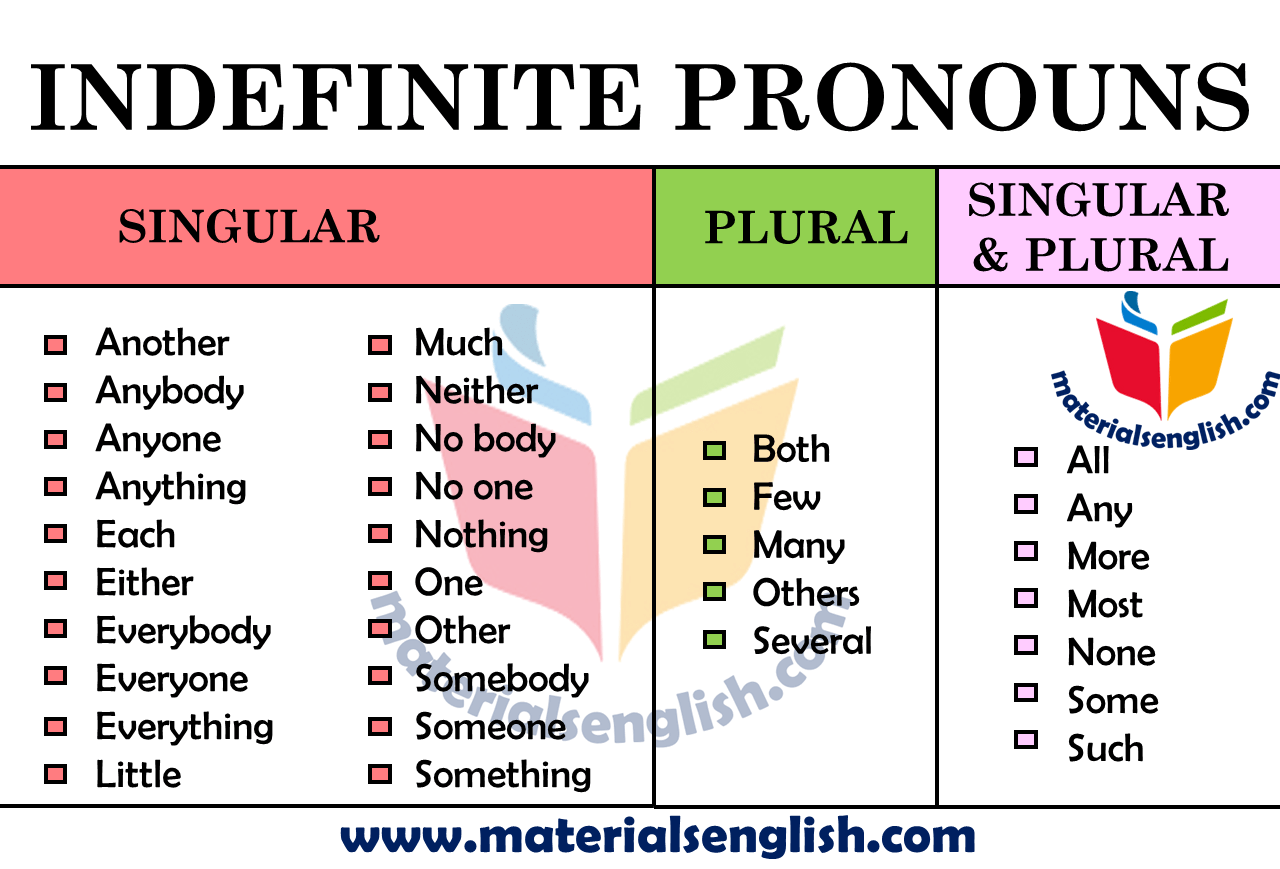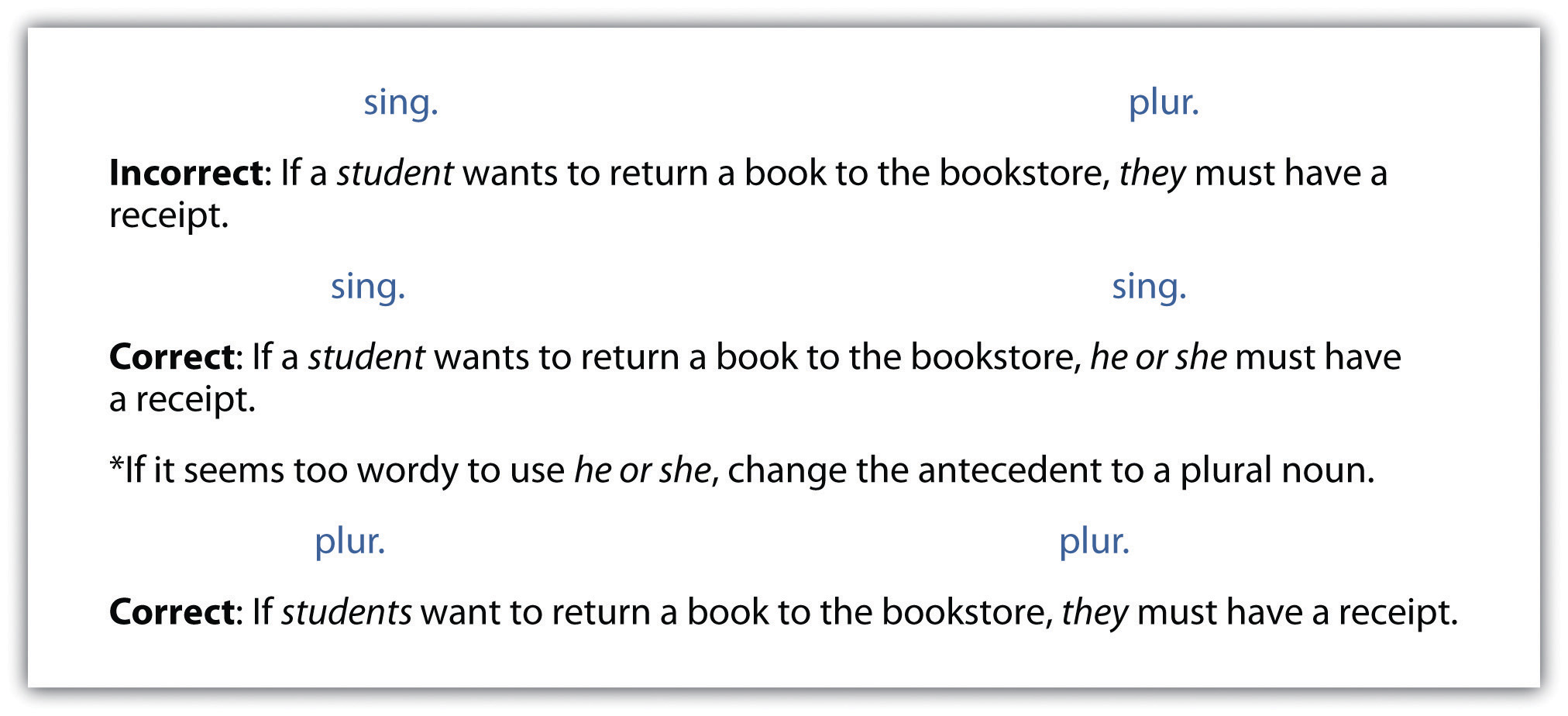Au! 36+ Sannheter du Ikke Visste om What Is Noun And Pronoun: For example, instead of saying.

What Is Noun And Pronoun | Melbourne (it refers to only one particular city), steve (refers to a particular person) In written english, a proper noun always begins with capital letters. Pronouns are actually a subclass of nouns because they often replace a noun and can complete the same function in a sentence. We sometimes use pronouns instead of a pronouns substitute for nouns when we want to avoid using the name of the object or person again in the sentence. Do you see how the pronoun he took the place of the noun erik weihenmayer?
A pronoun is a word that replaces a noun. A proper noun is a name which refers only to a single person, place, or thing and there is no common name for it. What is the antecedent in this sentence I need a computer table. Pronouns which are not known which nouns are used are called indefinite pronouns.

Pronoun is a derived term of noun. The distinguishing characteristic of pronouns is that they can be substituted for other nouns. All nouns are in the third person. A pronoun is a word that is used instead of a noun or noun phrase. Chances are you use these while discussing people and things. In english, pronouns are words such as me, she, his, them, herself, each other, it, what. The person category affects pronouns. Pronouns can be of different grammatical persons. The logical classifications (pronouns are a kind of noun, and possessive determiners are not pronouns) are clearly more simple and therefore easier to understand. * demonstrative pronoun * indefinite pronoun * intensive pronoun * interrogative pronoun * object pronoun * personal pronoun * possessive pronoun * reciprocal pronoun * reflexive pronoun * relative pronoun. Do you see how the pronoun he took the place of the noun erik weihenmayer? Distributive adjective qualifies the noun distributive pronoun show persons or things in individual or in separate groups. Proper nouns are one of a kind—unique people, places, and things.
In this article, you'll learn an easy to understand pronoun definition and a few rules that will quickly improve your english skills. Distributive adjective qualifies the noun distributive pronoun show persons or things in individual or in separate groups. (grammar) a type of noun that refers anaphorically to another noun or noun phrase, but which cannot ordinarily be preceded by a determiner and english requires the use of prepositional phrases and reflexive and other pronouns to communicate what the middle morpheme could alone. The distinguishing characteristic of pronouns is that they can be substituted for other nouns. Without pronouns, we'd constantly have to repeat nouns, and that would make our speech and writing repetitive, not to mention cumbersome.
/getty_noun-173337696-56af9be15f9b58b7d01b0749.jpg)
Nouns are the objects or people of a sentence. Nouns nouns are the names of things, people, animals, places, qualities, actions, and ideas. The person category affects pronouns. Pronouns refer to either a noun that has already been mentioned or to a noun that does not need to be named specifically. Don't use gendered pronouns in generic references. Pronouns are words that we use in place of nouns (or other pronouns) in a sentence to make it less repetitive and less awkward. .as subjective pronouns, objective pronouns, possessive pronouns, demonstrative pronouns, indefinite pronouns, and reflexive pronouns. Melbourne (it refers to only one particular city), steve (refers to a particular person) Unlike nouns, noun pronouns are generally not used with a preceding adjective, except the pronoun one. I'm elizabeth o'brien, and my goal is to get you jazzed about grammar. We sometimes use pronouns instead of a pronouns substitute for nouns when we want to avoid using the name of the object or person again in the sentence. Everything that we see or feel is represented by a name. According to oxford dictionary a noun is a word (other than a pronoun) used to identify any of a class of people, places, or things (common noun), or to name a particular one of these (proper noun).
Nouns and pronouns are the words that act as the subjects and objects of sentences. The distinguishing characteristic of pronouns is that they can be substituted for other nouns. Who, whom, whose, what, which. (grammar) a type of noun that refers anaphorically to another noun or noun phrase, but which cannot ordinarily be preceded by a determiner and english requires the use of prepositional phrases and reflexive and other pronouns to communicate what the middle morpheme could alone. Chances are you use these while discussing people and things.

Pronouns which are not known which nouns are used are called indefinite pronouns. Anybody, everybody, nobody, anyone, anyone, anyone, no one. Don't use gendered pronouns in generic references. .as subjective pronouns, objective pronouns, possessive pronouns, demonstrative pronouns, indefinite pronouns, and reflexive pronouns. Distributive adjective qualifies the noun distributive pronoun show persons or things in individual or in separate groups. Pronouns make up a small subcategory of nouns. Types of pronouns include personal. These pronouns are divided into different categories. Pronouns are words that we use in place of nouns (or other pronouns) in a sentence to make it less repetitive and less awkward. The logical classifications (pronouns are a kind of noun, and possessive determiners are not pronouns) are clearly more simple and therefore easier to understand. Articles are the defining words. Like all nouns, they are either people, places, objects, activities, or ideas. Nouns are the objects or people of a sentence.
What Is Noun And Pronoun: He is a blind mountain climber.